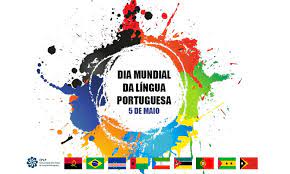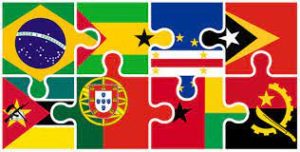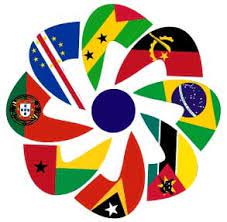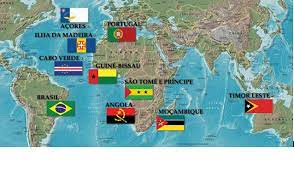 The Lusophone world celebrates 5 May as the international day of the Portuguese language and culture. The language is spoken by over 250 million people in nine countries and is the third most widely spoken European language, after English and Spanish. The Council of Ministers of the Community of Portuguese-Speaking Countries (CPLP) originally began observing a Day of the Portuguese Language and Culture on 5 May and in 2019, the United Nations Educational, Scientific, and Cultural Organization (UNESCO) changed it to World Portuguese Language Day.
The Lusophone world celebrates 5 May as the international day of the Portuguese language and culture. The language is spoken by over 250 million people in nine countries and is the third most widely spoken European language, after English and Spanish. The Council of Ministers of the Community of Portuguese-Speaking Countries (CPLP) originally began observing a Day of the Portuguese Language and Culture on 5 May and in 2019, the United Nations Educational, Scientific, and Cultural Organization (UNESCO) changed it to World Portuguese Language Day.
 World Portuguese Language Day highlights the important role this language plays in preserving human civilization and culture. Around the world, Portuguese is one of the world’s most spoken and widespread language and is the most widely spoken language in the Southern hemisphere.
World Portuguese Language Day highlights the important role this language plays in preserving human civilization and culture. Around the world, Portuguese is one of the world’s most spoken and widespread language and is the most widely spoken language in the Southern hemisphere.
 Portuguese speakers also account for the first wave of globalization. Because of this, the Portuguese language influenced other languages. You will find the origins of many English words in the Portuguese language including banana, macaw, monsoon, molasses, mango, samba and zebra. Mosquito is also a Portuguese word, which means little fly. The word ‘vindaloo’ is derived derived from the Portuguese carne de vinha d’alhos (meat in garlic marinade, wine and vinegar).
Portuguese speakers also account for the first wave of globalization. Because of this, the Portuguese language influenced other languages. You will find the origins of many English words in the Portuguese language including banana, macaw, monsoon, molasses, mango, samba and zebra. Mosquito is also a Portuguese word, which means little fly. The word ‘vindaloo’ is derived derived from the Portuguese carne de vinha d’alhos (meat in garlic marinade, wine and vinegar).
 Someone who speaks Portuguese is called a Lusophone, with the majority of Lusophones living in Brazil. Besides Brazil, eight other countries name Portuguese as their official language:
Someone who speaks Portuguese is called a Lusophone, with the majority of Lusophones living in Brazil. Besides Brazil, eight other countries name Portuguese as their official language:
- Angola
- Cabo Verde
- Equatorial Guinea
- Guinea-Bissau
- Mozambique
- Portugal
- Sao Tome and Principe
- Timor-Leste
And join us on Zoom to celebrate by creating cocktails and mocktails and learning a little Portuguese along the way

